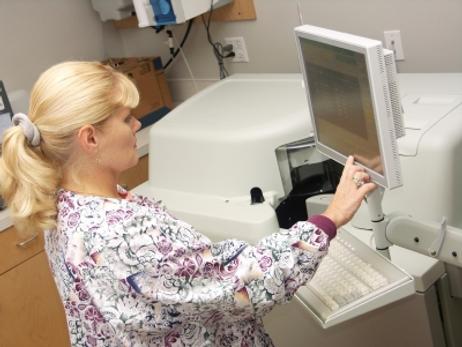As our country continues to search for alternative energy sources, the field of nuclear technology becomes a larger piece of the pie. The knowledge, land, and resources are in place to open nuclear plants across the country – but there is one element lacking. Skilled technicians will be needed to work in these new plants, particularly in light of the fact that thousands of current nuclear technicians are slated for retirement over the next five years, according to a recent report in the New York Times.
As many as 40 community colleges across the nation have heeded the call and are now providing programs to train a new generation of nuclear technicians. These programs can be completed in a fraction of the time of a standard four-year degree, with most associate's degrees earned in two years or less. Both high school graduates and adults looking for a career change can capitalize on these programs, moving into an industry that pays well and is much more secure in terms of growth and stability.
What is a Nuclear Technician?
Education-Portal describes the role of a nuclear technician as one who operates and maintains equipment in nuclear power plants. As specialists in nuclear energy, they might also assist scientists in the field of research.
Many professionals get their foot in the nuclear door with just a two-year associate's degree, and their first job could earn around $50,000 per year. The New York Times estimates that






















